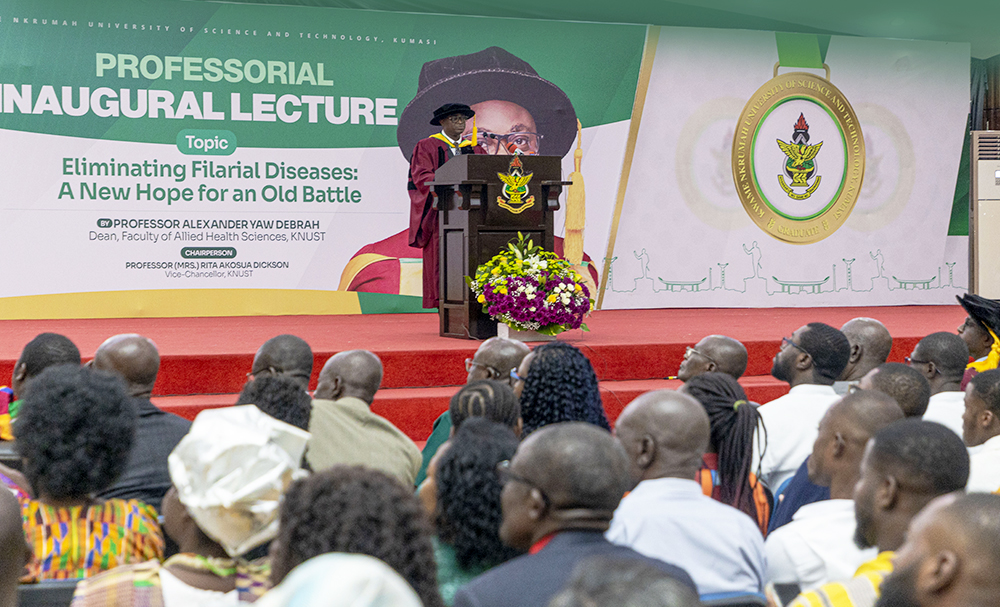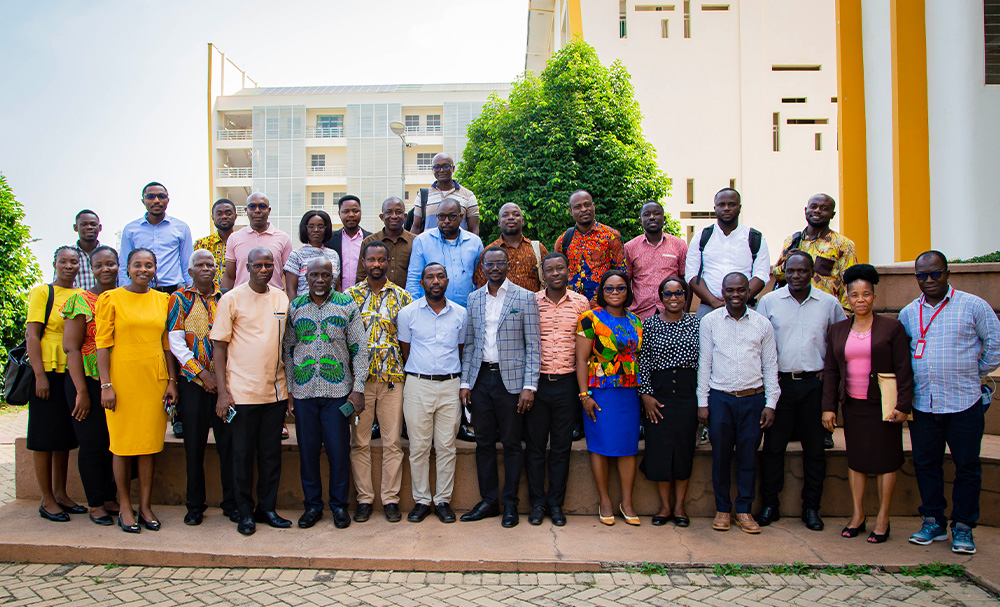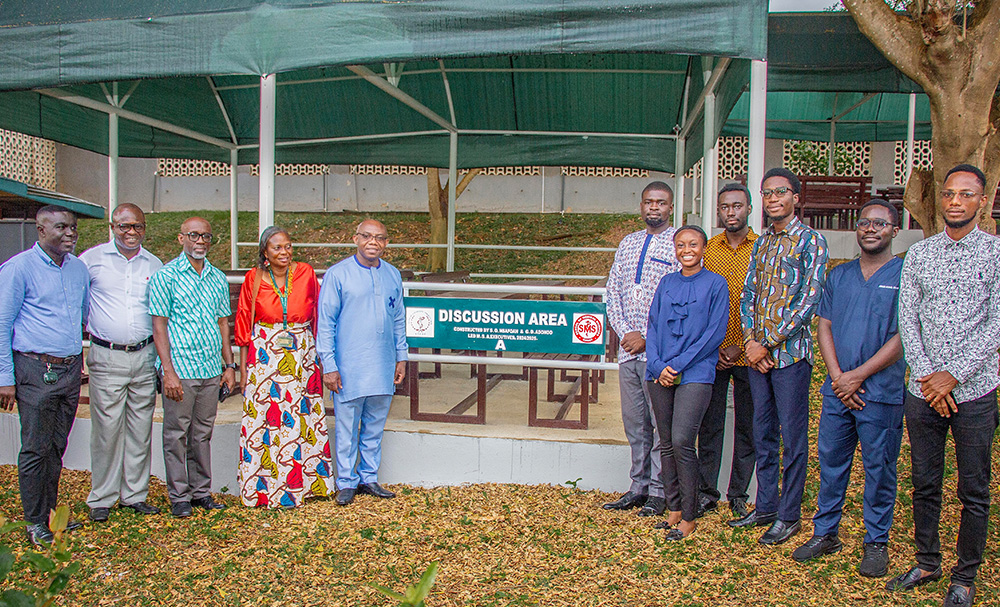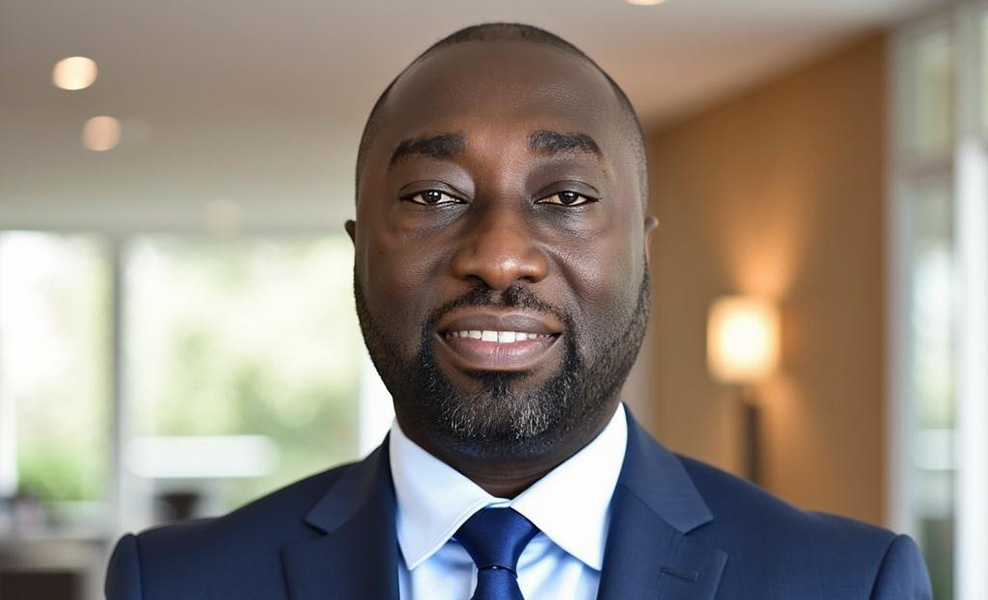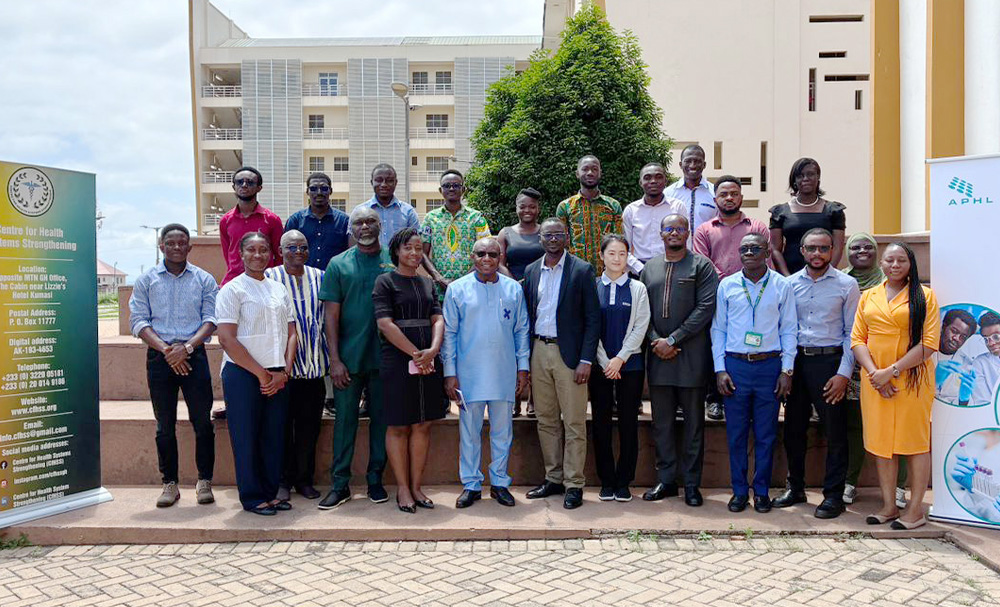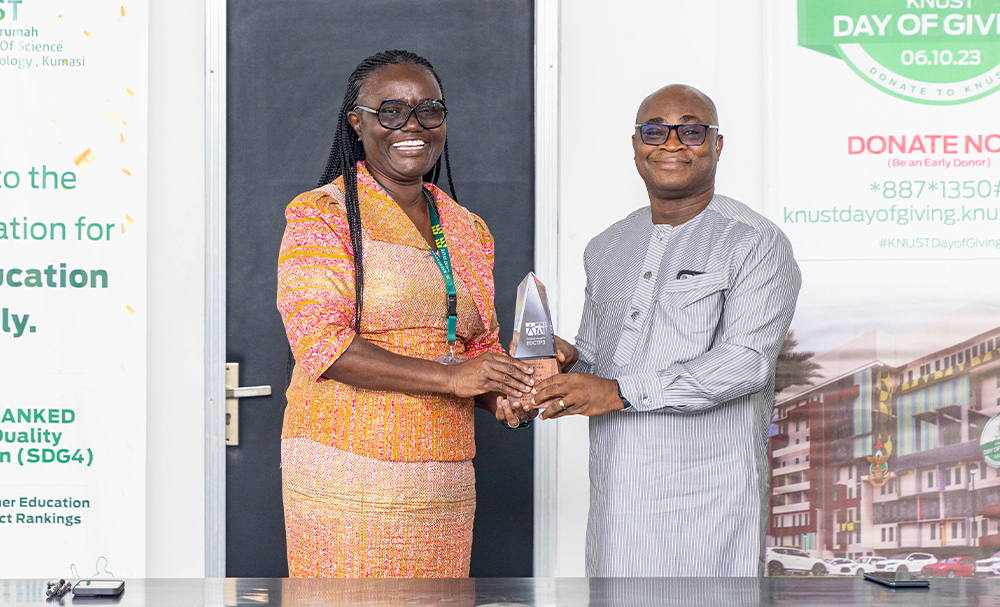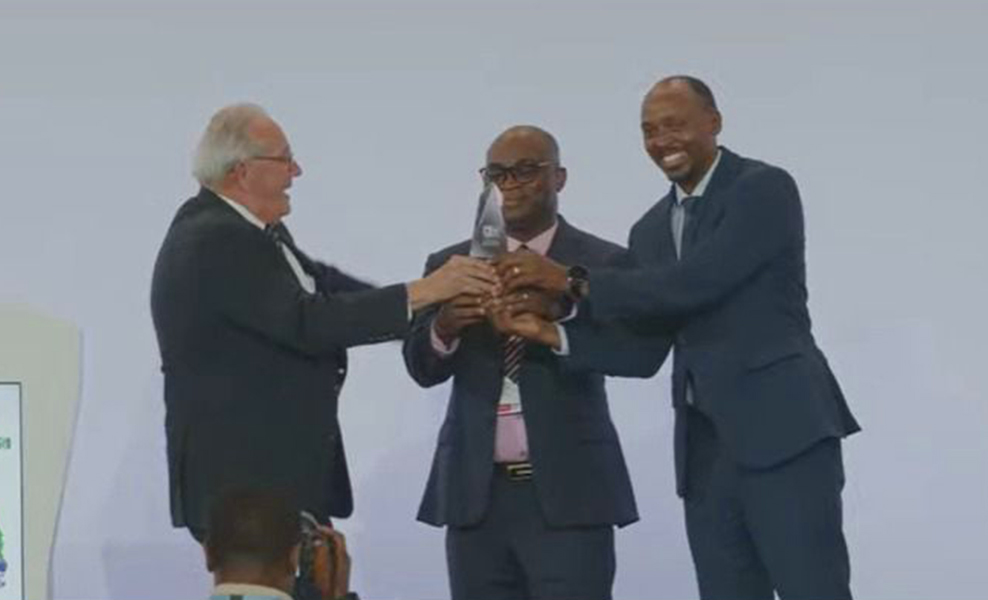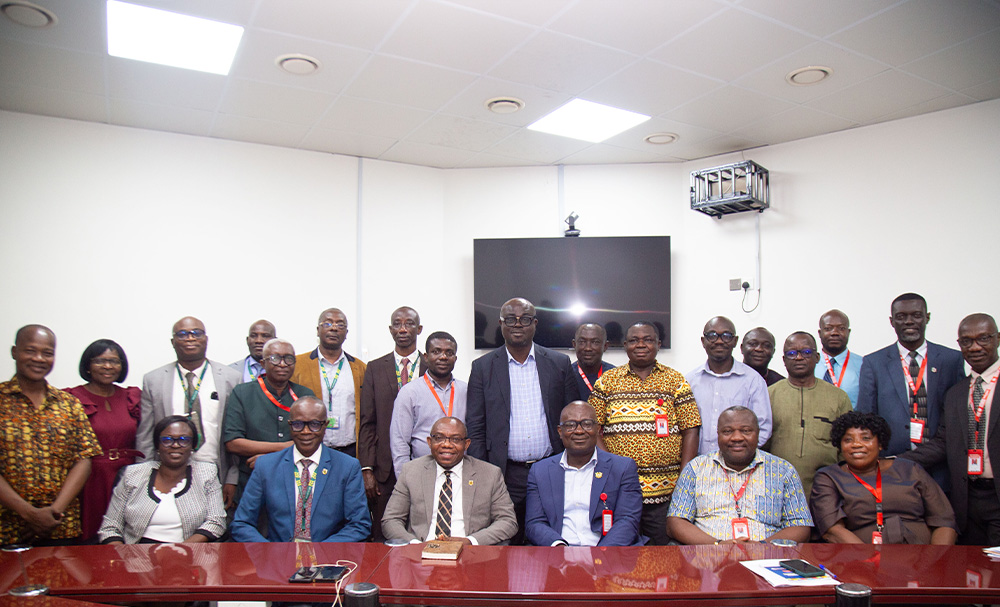A renowned Professor of Parasitology and Global Health at the Kwame Nkrumah University of Science and Technology (KNUST), Kumasi, Professor Alexander Yaw Debrah, has announced significant advancements in the fight against eliminating Filarial diseases in Ghana by 2030, offering renewed hope to millions affected across the nation and beyond.
In a presentation at his Professorial Inaugural Lecture held on Thursday, 8th August 2024, titled "Eliminating Filarial Diseases: New Hope for an Old Battle," Professor Debrah outlined plans that leverage innovative treatments, advanced research platforms, and robust international collaborations to position Ghana at the forefront of efforts to eradicate Lymphatic Filariasis and River Blindness.
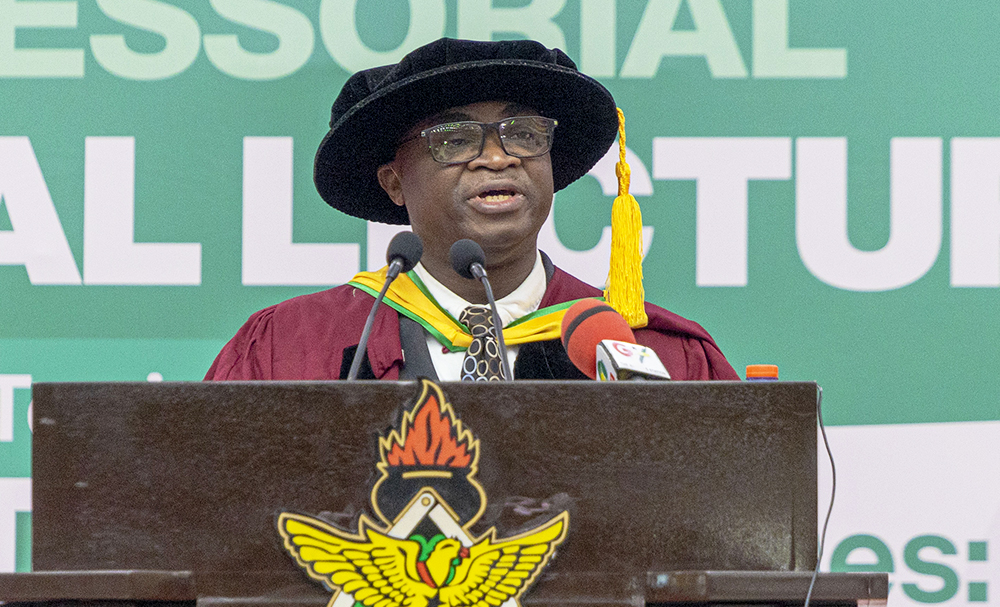
During the lecture, Professor Debrah shared the monumental impact of his research in combating Filarial diseases, tackling major hurdles such as the lack of effective treatments for adult worms, limited understanding of disease mechanisms, and inadequate case management tools. His research demonstrated that while existing drugs like DEC and ivermectin plus albendazole were effective against larval stages, they failed to eliminate adult worms, crucial for disease progression.
Central to his approach was the development of an affordable treatment option, which is the use of Doxycycline, a World Health Organisation (WHO) - endorsed drug, targeting adult worms of the Lymphatic Filariasis parasite, leading to significant improvements in the treatment protocols and patient outcomes for River Blindness and Lymphatic Filariasis.
Beyond the innovative drug developments, Professor Alexander Yaw Debrah spearheaded the creation of the Filarial Clinical Trial and Research Platform (F-CuRE), which addresses patient needs and trains health professionals in conducting clinical trials compliant with Good Clinical Practice (GCP). According to him, this platform is poised to become a critical tool in the global fight against Filarial diseases and other Neglected Tropical Diseases (NTDs).
In addition to his research contributions, Professor Debrah mentioned that he, along with some international collaborators such as the German Ministry of Education and Research (BMBF), had organised free surgeries for hydrocele patients in endemic communities and provided workshops on foot hygiene for elephantiasis patients and healthcare workers across Ghana. He noted that these efforts complemented the Ghana National NTDs Control Programme and showcased the impact of community-driven healthcare solutions. Additionally, Professor Debrah introduced mobile phone technology for better disease reporting and management, significantly improving case identification and aligning with WHO-NTD goals for 2030. This innovation has enhanced the efficiency of community health efforts in Ghana, contributing to global health advancements.
Looking into the future, Professor Alexander Yaw Debrah outlined ongoing research projects, including exploring alternative treatments for Filarial diseases in hotspot areas and leveraging digital technologies for enhanced disease surveillance and management. With the African Genomic Consortium on the horizon, Professor Debrah is poised to bring cutting-edge genomic research to the forefront of the fight against NTDs. He expressed optimism about the potential to achieve the World Health Organization’s 2030 Agenda. "We now have the tools, the capacity, and the commitment to eradicate Filarial diseases in Ghana by 2030 - which is the new hope," Professor Debrah affirmed.
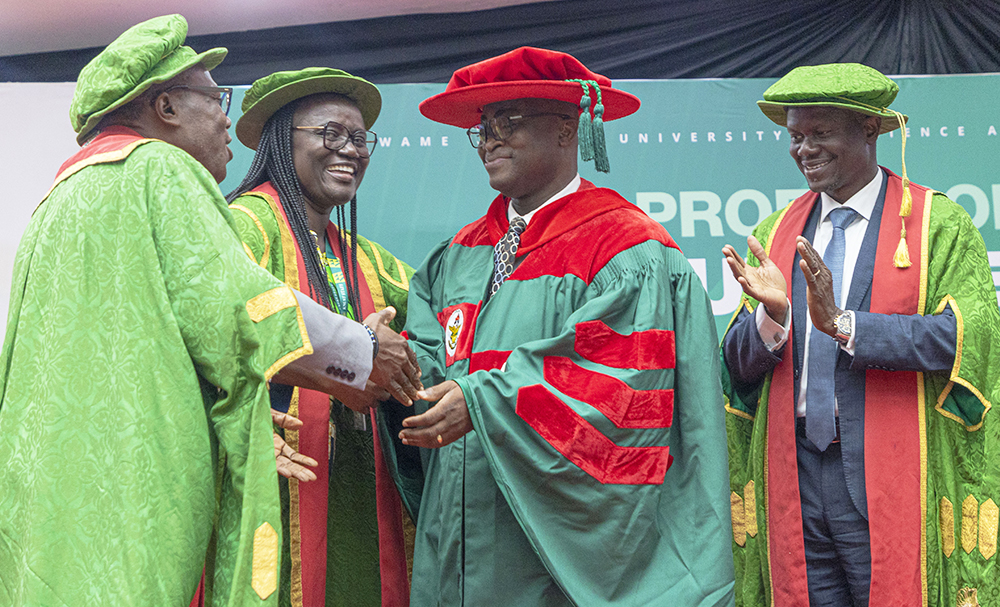
The Vice-Chancellor, Professor (Mrs.) Rita Akosua Dickson commended Professor Alexander Yaw Debrah for his outstanding contribution to the fight against filarial diseases and expressed hope for the eradication of the disease in the country and the world at large. She stated that the Management of the University is proud of him for his achievements in his fight against NTDs which affect about 1.3 million people across the world.

